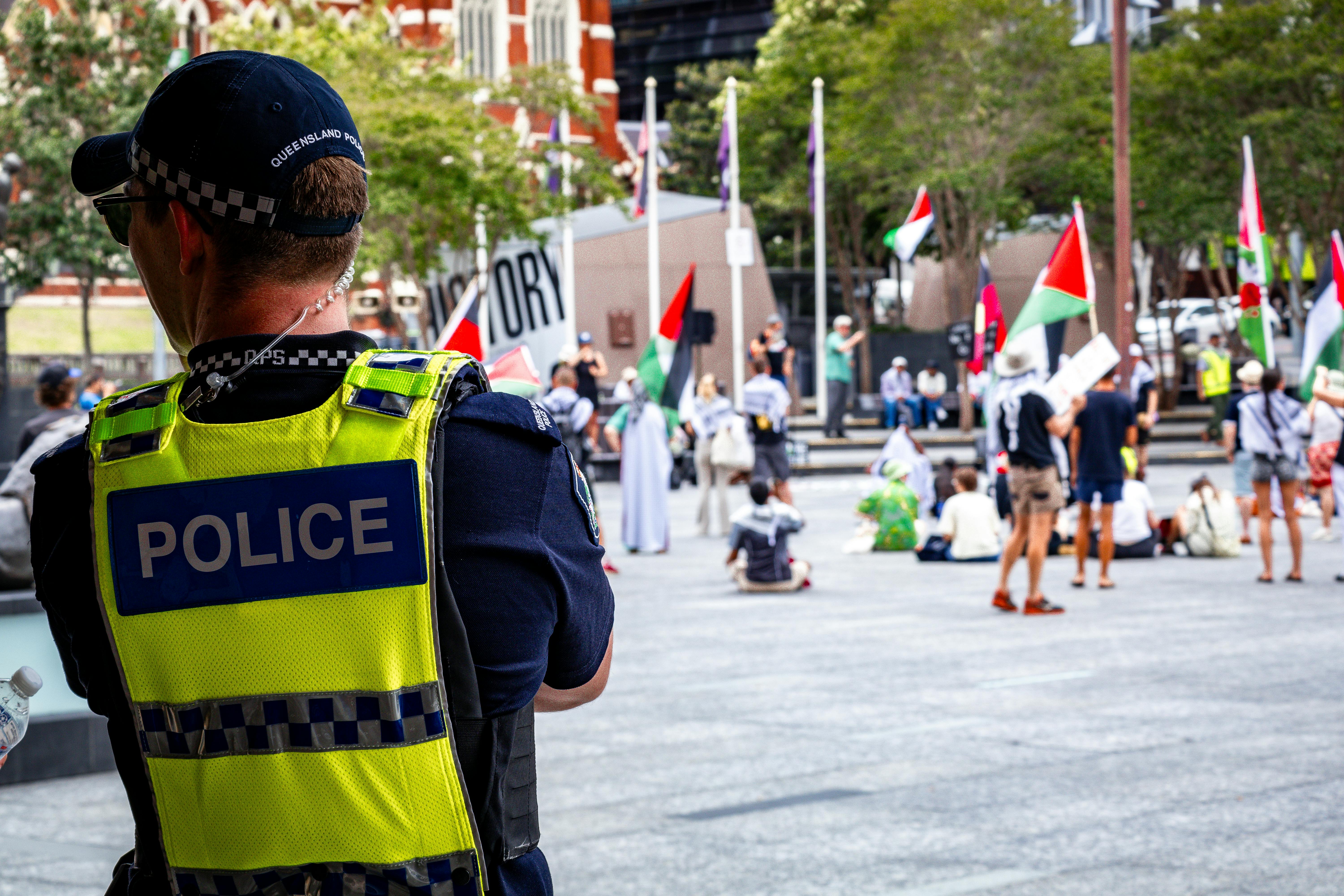
In recent times, protest has become a usual part of life. Increasingly creative methods and tactics have been used by groups such as Just Stop Oil and Insulate Britain in order to gain attention. However, this has also had the unintended consequence of the government legislating against these tactics. But we must ask, can protest be effective without disruption?
The fundamental right to protest in the UK is enshrined in the European Convention on Human Rights (ECHR), Articles 10 and 11, which guarantee people’s freedom of expression and freedom of assembly. This is ratified in the Human Rights Act 1998. The right to show public dissatisfaction with the government is one of the pillars of a free and democratic society. The right to protest provides citizens with an immediate and direct way to express their dissatisfaction with the government and can be by pressure groups to lobby the government. However, with the implementation of the Police, Crime, Sentencing and Courts Act 2022 (PCSCA) and the Public Order Act 2023 (POA), a question arises; when does legislation begin to erode the edges of the right to protest?
Democratic backsliding is the process in which a government many use their political power to repress the public and moves towards a more autocratic state of ruling. The PCSCA lowers the threshold for what can be considered ‘serious disruption’ to the community to ‘more than minor’. As a society we must balance the rights of the individual over that of the collective, however, without being able to disrupt people’s lives, can protest be truly effective?
Peaceful protest does not always reach the media headlines due to more important or eye-catching news. In contrast, Just Stop Oil and Insulate Britain’s protests garnered blanket coverage across multiple networks due to the ‘more than minor’ disruption they caused. The larger question which looms over the right to protest is, regardless of if you support these tactics, should they really be criminalised? Even if the public is irritated by these tactics, they garnered attention and were a clear use of people’s right to express their dissatisfaction of government policy.
Protest is inherently disruptive. The recent Tommy Robinson protest in London did not employ any of the tactics criminalised in the PCSCA or the POA, but it still disrupted people’s day to day life. The streets were full of people who were likely attempting to pass through areas such as Whitehall or Trafalgar Square and would have experienced disruption that could have been ‘more than minor’. Protest must be disruptive to the status quo in order to be effective, to gain the attention of the media and keep the attention of the politicians. As the police continue to ‘reform’ outdated legislation due to new tactics, new tactics will continue to rise. However, there are only so many tactics people can use before they all become criminalised. Furthermore, mass arrests (as seen in the Just Stop Oil protests) will and have overwhelmed an already beleaguered justice system.
Arguably, most people nowadays would expect protest to disrupt their lives, though whether they support the use of tactics such as ‘locking on’ is a different question. ‘Locking on’ involves someone locking themselves to other people, objects or buildings. This was used by the Suffragettes in order to prevent the police removing them. However, the POA now makes this illegal.
The right to protest is a qualified right, meaning it can be superseded for reasons such as public safety, national security or the protection of other’s rights. Is it proportionate or legitimate to criminalise locking on when it is likely not to disrupt others’ lives but would still garner attention from the media and politicians? We as a society must be aware that small incremental legislation which criminalises historic protest tactics could lead to democratic backsliding.
The electorate has little control over what the government does after it gets into power. Democratic legitimacy is what many cite as the argument against Lord Hailsham’s elected dictatorship. However, after a government gets into power, especially with a large majority, there is little that the public can do to oppose this. There was notable opposition to the PCSCA when the Conservative government first tabled the bill. However, the legislation was passed regardless. This highlights the vulnerability of our political system.
Is the UK going to be a victim of democratic backsliding? At the moment, likely not. But the country must always be vigilant and protective of the democratic right to protest. The recent legislation is not a constitutional crisis in itself but highlights that there may be a shrinking space for protest tactics. The right to be disruptive is fundamental to our democracy. So, the next time you are inconvenienced by a protest, perhaps consider that their presence is sign of a healthy democracy.
Esha a third year law LLB student at the University of Southampton. She's interested in defamation law, politics and enjoy Question Time every Thursday. Outside of this she enjoy horror films and running!